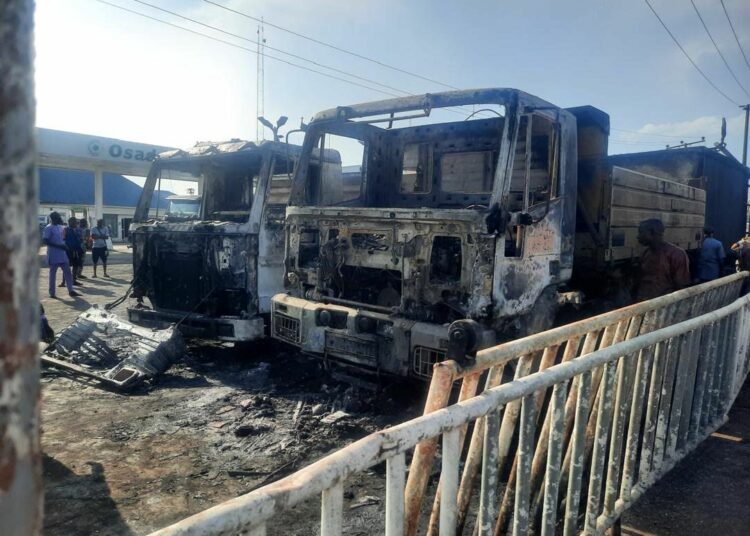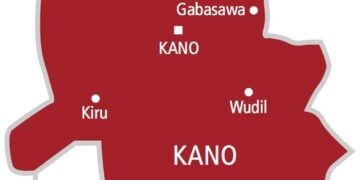The tragic tanker explosion in Jigawa State has now claimed at least 154 lives, making it one of the most catastrophic incidents in Northern Nigeria in recent years.
This disaster underscores ongoing concerns regarding road safety and handling of hazardous materials in the region.
On Tuesday night at approximately 11:30 p.m., a petrol-laden tanker lost control while travelling from Kano to Nguru in Yobe State. The vehicle overturned in Majia, Taura Local Government Area, near Khadija University. As news of the accident spread, residents rushed to the scene, driven by the urge to collect the spilt fuel that had spread into the town’s gutters and waterways.
Tragically, the situation turned dire when the spilt petrol ignited, resulting in a massive explosion that engulfed the area in flames.
Eyewitness accounts describe a scene of chaos and despair, with many people reportedly burned beyond recognition and others suffering horrific injuries. The intense heat of the fire was so severe that it separated some victims’ body parts, highlighting the brutality of the incident.
The state police authorities have confirmed that the death toll has now reached 154, with approximately 100 additional individuals sustaining injuries. These victims have been treated across five major hospitals, including Aminu Kano Teaching Hospital and Jahun, Nguru, Hadejia, and Gumel facilities.
Witnesses reported that the tanker burned for about two hours before firefighters managed to bring the inferno under control, a delay that likely exacerbated the devastation.
In the wake of this tragedy, Jigawa State Governor Umar Namadi led a mass burial for the victims on Wednesday. He expressed his condolences to the bereaved families and pledged to assist in the treatment of those injured in the explosion.
This incident raises urgent questions about safety protocols for transporting hazardous materials and the need for better emergency response measures as communities grapple with this devastating event’s aftermath.






